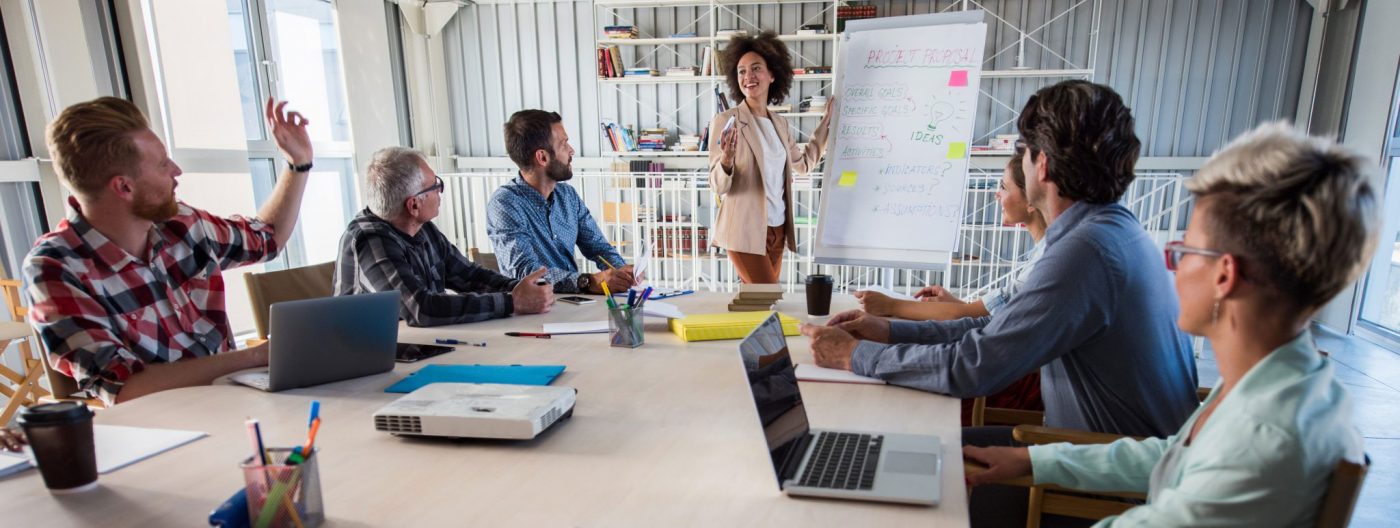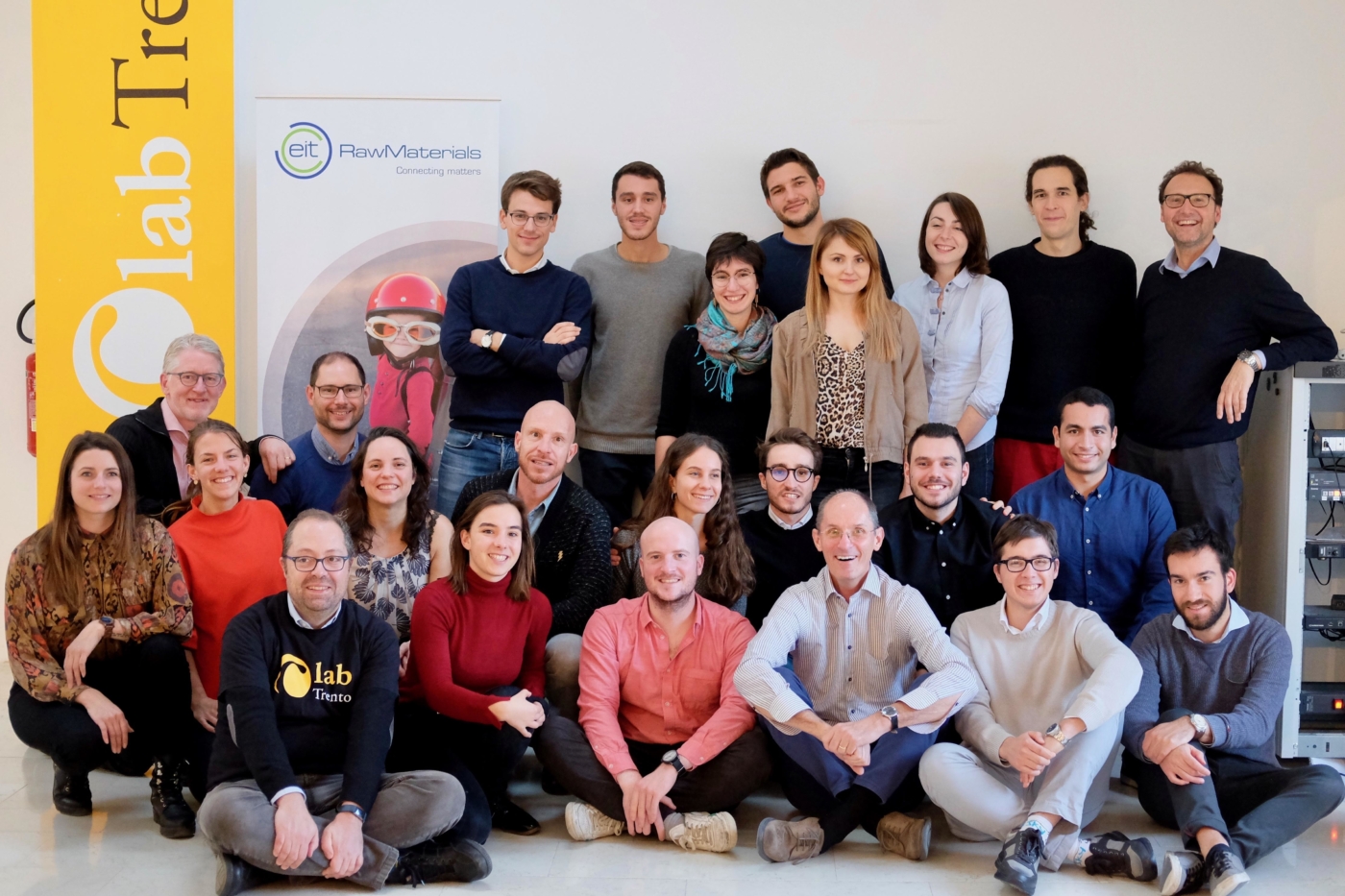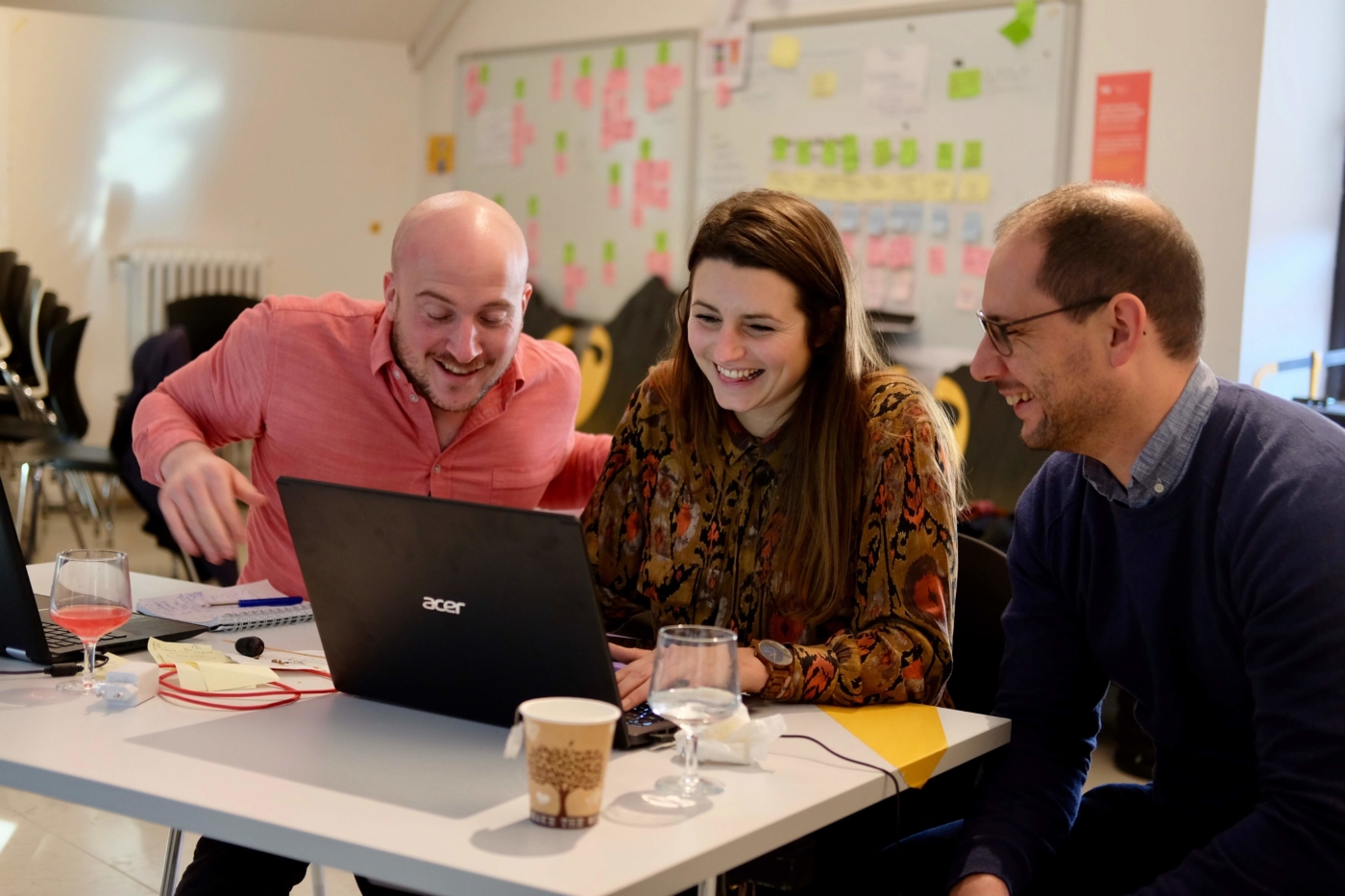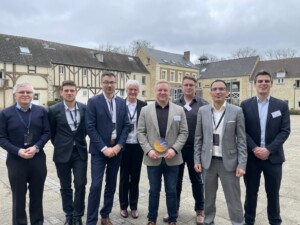Boosting the creation of circular start-ups
C-BOOT is an international coaching program designed to help entrepreneurs develop a strong and convincing business pitch for a circular economy business model. A 3-month coaching program provides coaching, knowledge and inspiration to strengthen the circularity and business value of their idea. At the end of the program, participants are ready to start with concrete actions to make their idea reality.
The focus of C-BOOT is on developing business ideas that encourage the inner circles of the circular economy by providing solutions for the longer use, shared use, reuse, repair or remanufacturing of products. The program targets students, entrepreneurs and professionals with initial ideas, and with the intention to initiate a circular business start-up or intrapreneurship project.
Bootcamp for entrepreneurship in a circular economy
The EIT RawMaterials partner VITO together with Lund University, University of Trento and Hub Innovazione Trentino successfully designed and executed a bootcamp format specifically targeted at European people with the ambition to become an entrepreneur in the circular economy, but facing difficulties to create a sound circular start-up that can qualify for the EIT RawMaterials Booster support. During the recruitment campaign, more than 140 candidate entrepreneurs submitted their candidacy to the programme. This demonstrates a clear interest and the need for pre-startup support towards circular economy start-ups.
The selected 21 participants followed a 9-day programme, split in three stays of three days during September, October and November. Each 3-day bootcamp took place in another country (Belgium, Sweden, Italy). The programme was designed to provide a mix of skills learning (customer-problem-solution thinking, circular strategy thinking, value proposition and business model development, pitching, entrepreneurial thinking), coached working time, and networking with established entrepreneurs (EIT RawMaterials supported start-ups, established circular companies, like GIAB in Sweden or Econyl in Italy).
During the final bootcamp, eight teams presented their circular business pitch to an external jury. These teams are now ready to take the next steps towards developing their circular start-up. Four teams have developed a circular business idea to tackle the textile waste challenge: WoWear (rental service for workwear, combined with tracking usage data in order to improve the sustainable design), CozyCoats (rental service for coats), Reload (traceable collection and reuse of clothing), and Embrace (recycling and circular design of underwear). One start-up is active in the reusable packaging sector: C-Box builds a service for reusable food containers to restaurants. BeeCircular combines circularity with a social goal: their service to refurbish and remanufacture office furniture is linked to employee involvement in the process, creating support for the new office plan as well as enabling team building. The last two start-ups focus on enabling factors for circular businesses: C-crave offers a dedicated sales platform for circular products and services, as well as access to customer feedback services for the companies that provide such products or services. Azolla wants to build a hub and platform for education-related circular entrepreneurship skills.
Integrating business innovation with environmental assessment skills
Thee C-BOOT bootcamp format bridges a gap between existing education programmes related to sustainable materials management and circular economy on the one hand and circular start-up support programmes on the other hand. In addition, the programme integrates business innovation skills with environmental assessment skills. These characteristics together create an environment that enables the creation of new companies that effectively tackle environmental problems related to resource use and climate change. The conversion of people educated in the field of the circular economy to people bringing this knowledge into entrepreneurial action increases by implementing the C-BOOT format, creating a structural socio-economic impact in the long-term.







